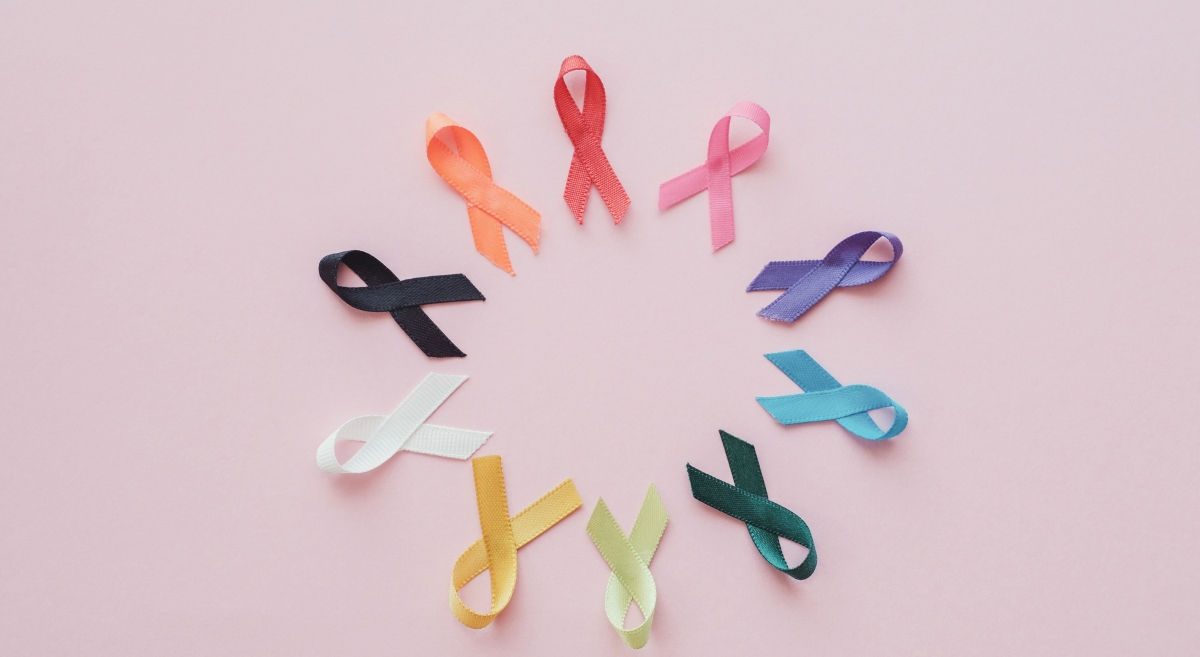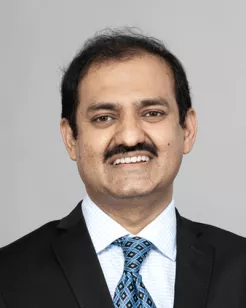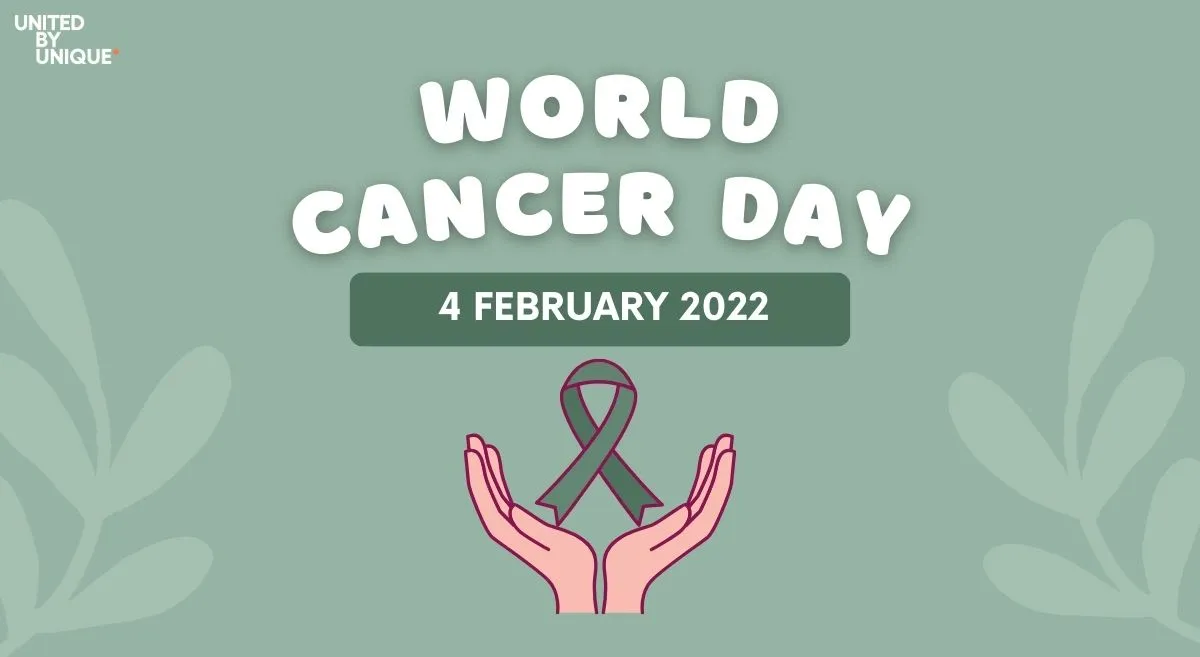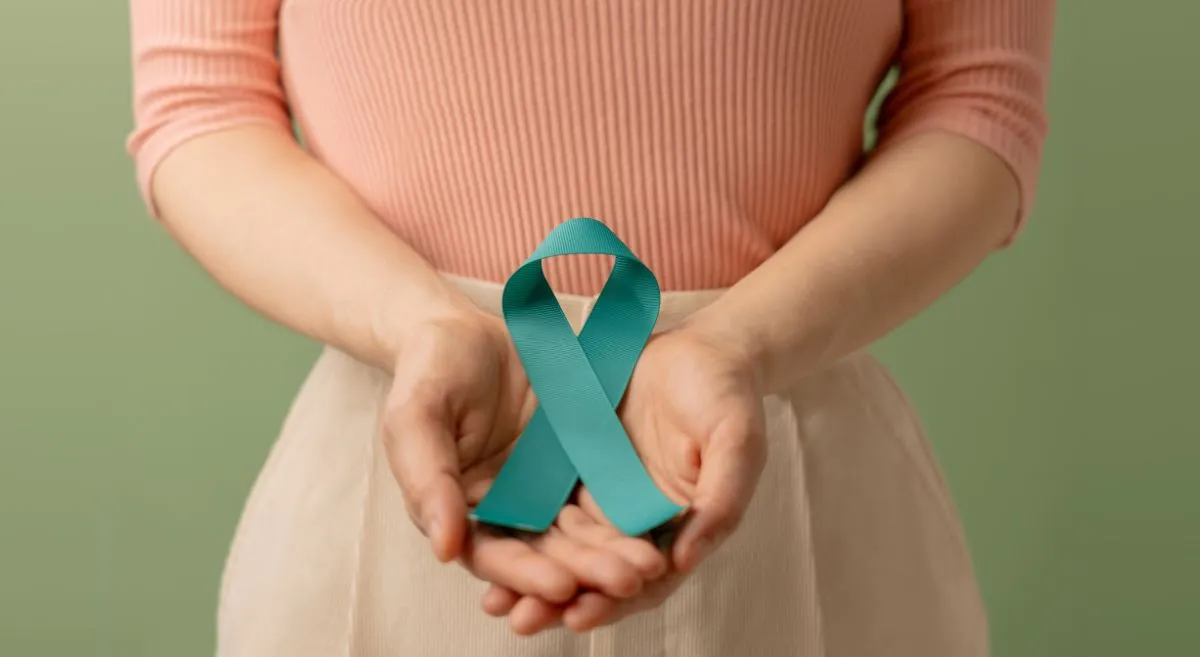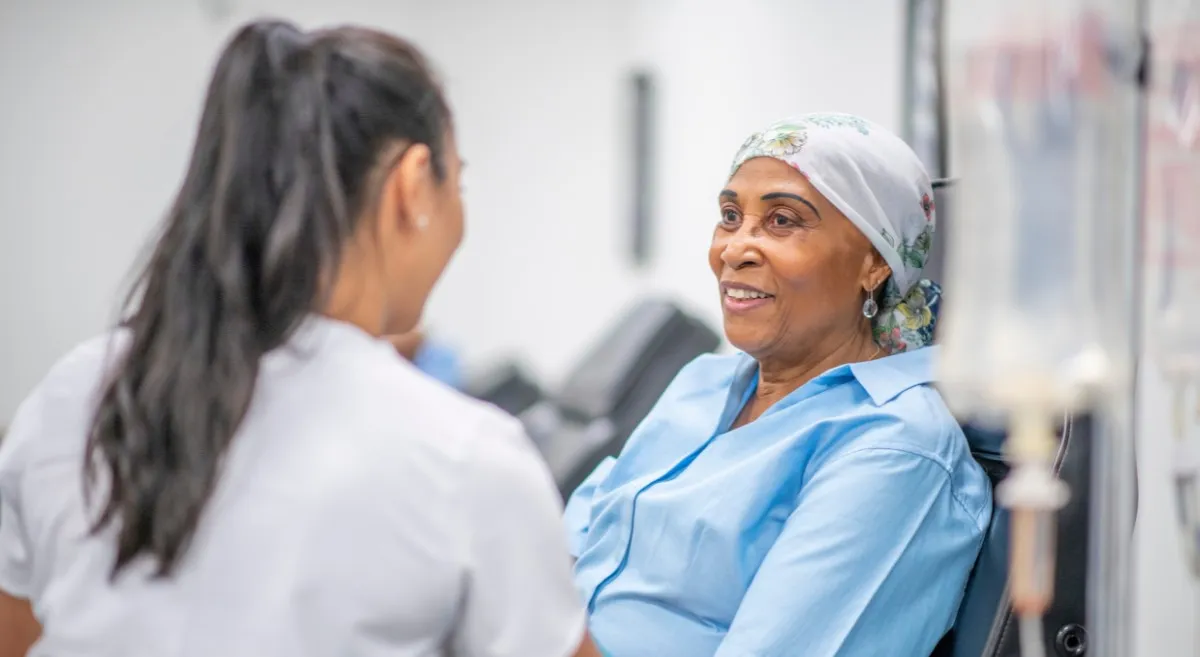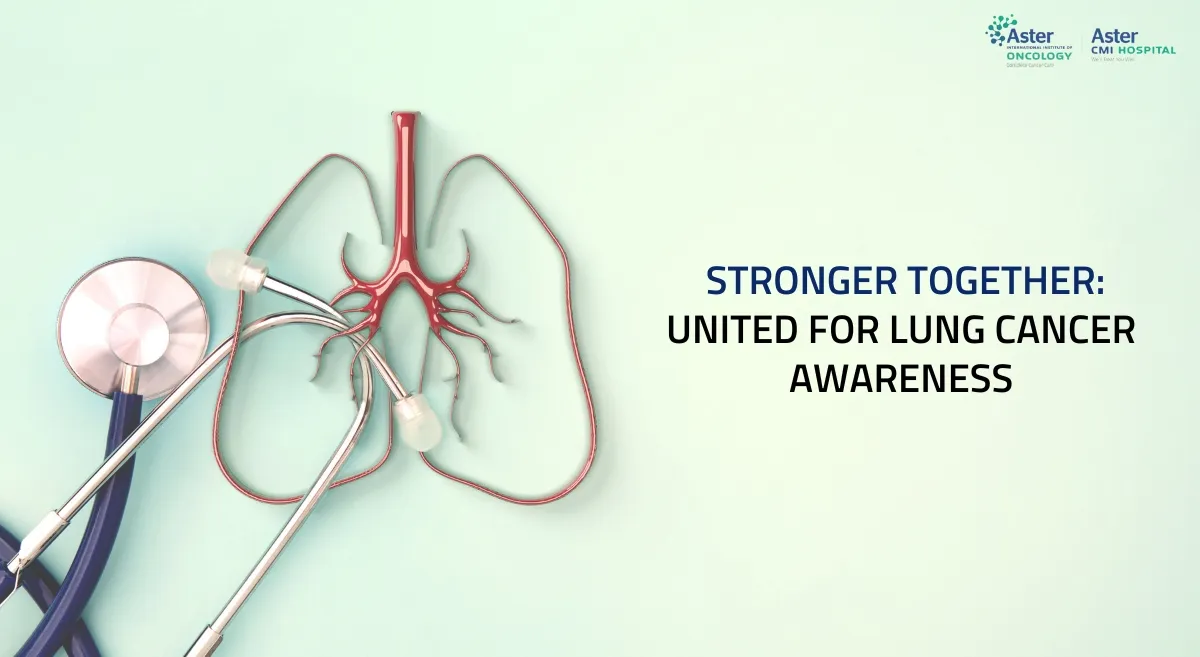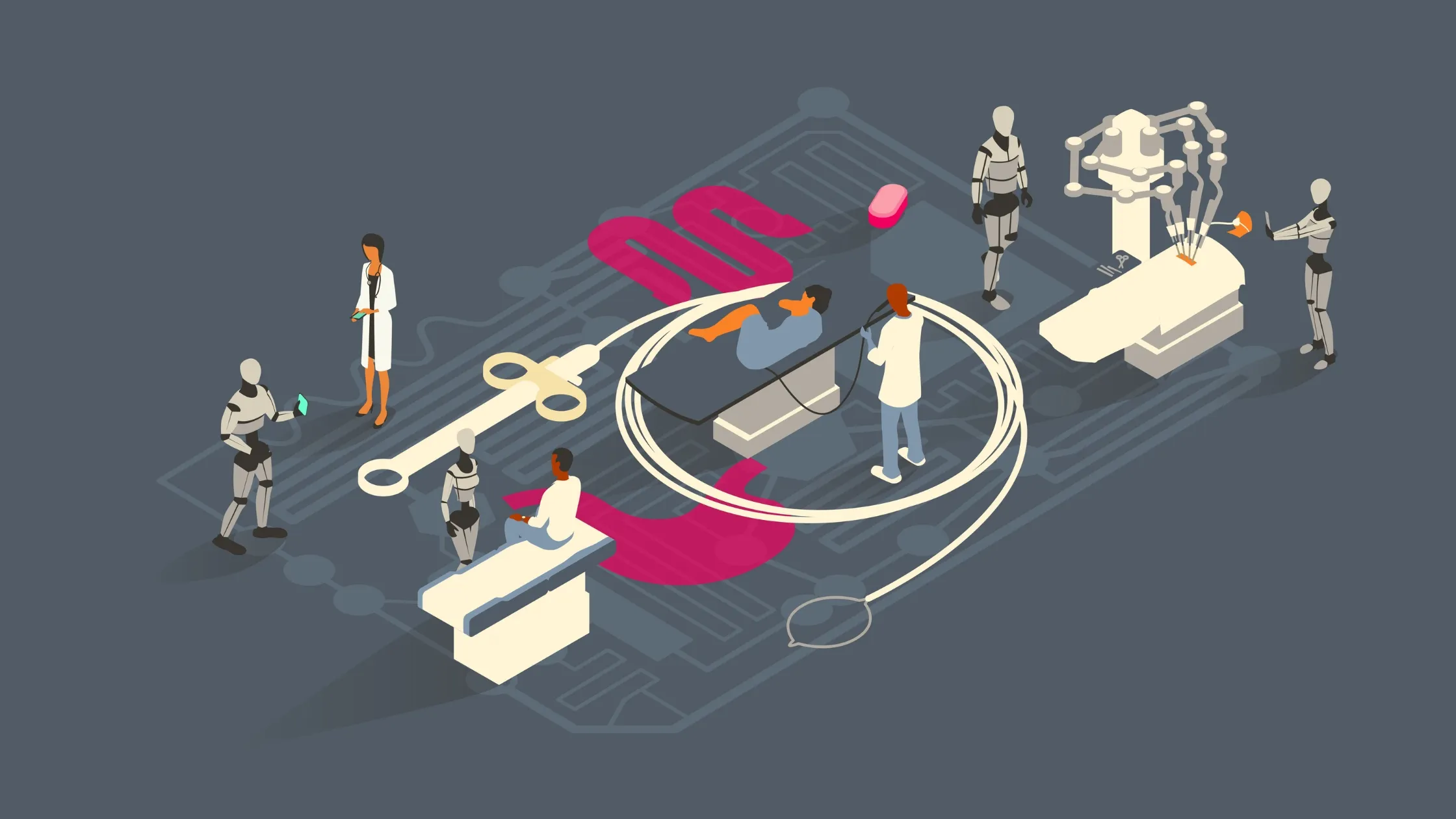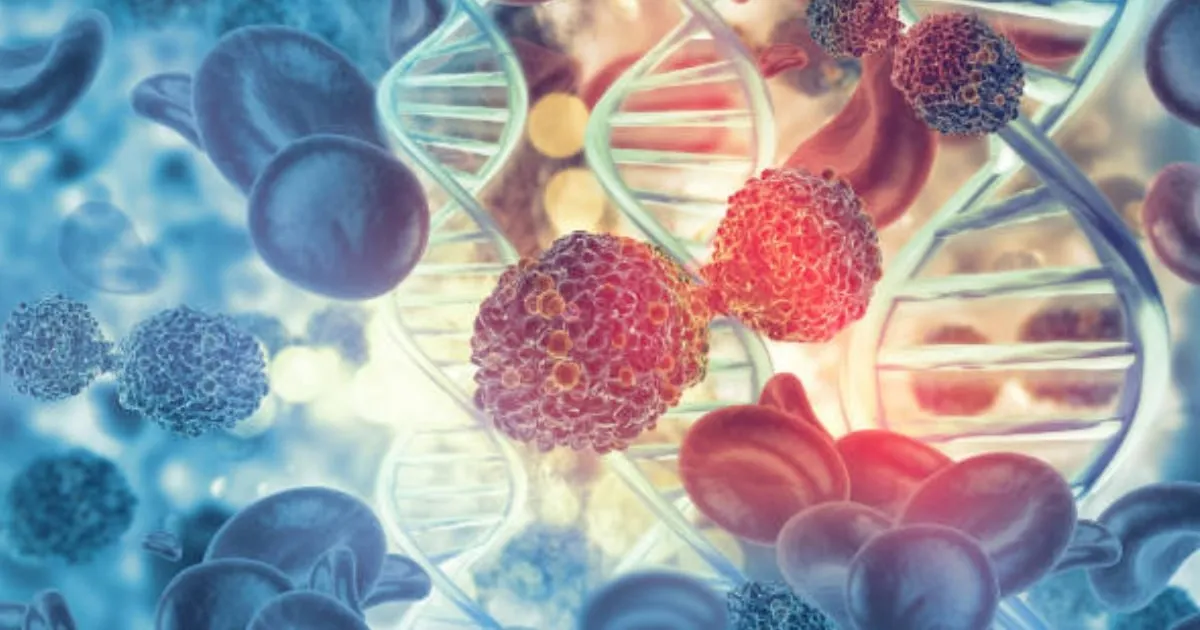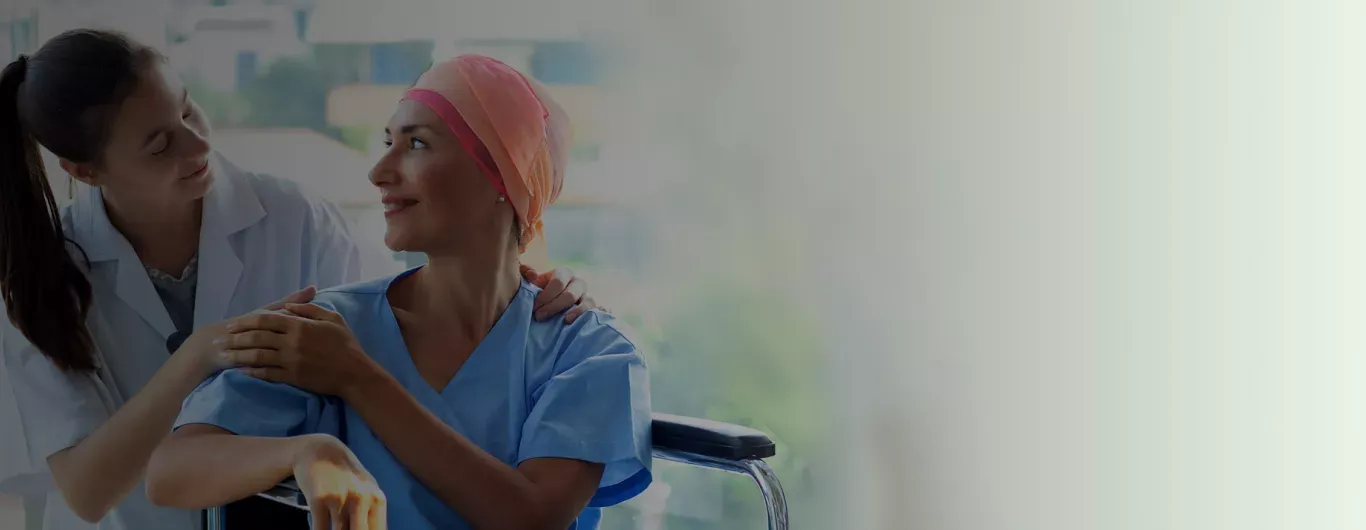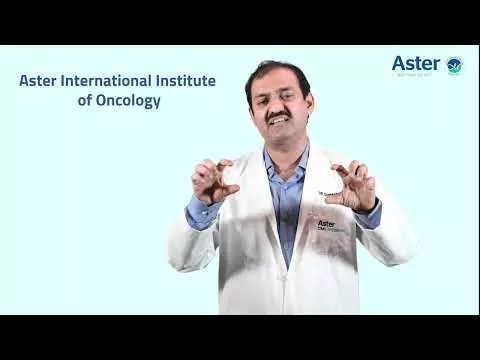Every year on November 7, we celebrate National Cancer Awareness Day to increase public understanding and knowledge about cancer risks, early detection, and possible prevention measures. In a world with a growing number of cancer patients, we can help ourselves and others by empowering patients, families, and the community to take actions aimed at fighting cancer.
Do you know what cancer really is?
Cancer is not a single disease but a collection of more than one hundred deadly diseases caused by uncontrolled multiplication and spread of abnormal cells in the body. These abnormal cells have the capability to invade surrounding healthy tissue and organs, thereby causing the development of masses called tumors. If not addressed, cancerous cells can migrate from their primary site and invade many tissues in the body, which may result in serious repercussions. There are multiple types of cancer, but the most prevalent cancers in India are:
Breast Cancer: This is more prevalent in females but can also affect males.
Lung Cancer: Very closely associated with tobacco use, smoking, and environmental pollution.
Prostate Cancer: The most common cancer in men.
Colorectal Cancer: Has strong associations with eating habits and genetic history.
Skin Cancer: More or less avoidable through sun protection factors.
Why National Cancer Awareness Day Matters
National Cancer Awareness Day is celebrated with the aim to spread knowledge about cancer risks, preventive methods, early detection techniques, and the significance of timely treatments. It highlights the resources available for this disease, helping patients, survivors, and caregivers while de-stigmatizing the disease and offering a sense of hope.
Early Detection: Timing is Everything
Early detection, one of the primary contributors to increased survival rates, accounts for this recent trend. Most cancers respond better to treatment when diagnosed at early stages before spreading to other parts of the body. Regular screenings and observation of early signs could be the most significant factor in saving lives. Some common symptoms of cancer include:
- Persistent Pain or Discomfort: Pain lasting longer in regions like the abdomen, lower back, or chest may indicate an underlying cause.
- Unexpected Weight Loss: Losing weight over time without deliberate changes to diet or exercise may signal cancers such as stomach, pancreatic, or lung cancers.
- Changes in Skin or Moles: New moles, skin patches, or growths may indicate developing skin cancers.
- Lumps: Feeling lumps in the breast, testicle, or lymph nodes may signify cancer.
- Frequent Fevers or Infections: A frequent immune response might show some type of blood cancer.
For at-risk patients, regular screening for specific cancers, such as mammograms for breast cancer, colonoscopies for colorectal cancer, and Pap smears for cervical cancer, can drastically reduce the risk of progression by catching the disease early.
Preventive Lifestyle Choices
While some cancer risk factors, such as genetics, are beyond our control, many lifestyle factors play a significant role in cancer prevention. Taking simple but consistent steps can help lower cancer risks:
- Avoid Tobacco: Smoking is the leading cause of lung cancer and is linked to several other cancers, including mouth, throat, and bladder cancers. Quitting smoking or avoiding it altogether is one of the most effective preventive steps.
- Limit Alcohol Consumption: Excessive alcohol intake can increase the risk of cancers like liver, breast, and colon. Moderation is key.
- Healthy Diet Choices: A diet rich in fruits, vegetables, and whole grains can help lower cancer risk. Processed and red meats, high-fat foods, and sugary drinks should be minimized.
- Regular Physical Activity: Engaging in physical activity for at least 30 minutes a day helps manage weight, boosts immunity, and reduces cancer risk.
- Sun Safety: Overexposure to the sun is the primary cause of skin cancer. Use sunscreen, wear protective clothing, and avoid tanning beds.
Screening Options for Cancer and Their Importance
There are specific screening methods for each type of cancer that allow early detection. Common types include:
- Breast Cancer Screening: To detect breast cancer early, we recommend undergoing mammograms, which are crucial for treatment success.
- Cervical Cancer Screening: Pap smears and HPV testing show if there are changes in the cervix that could lead to cancer.
- Colorectal Cancer Screening: Colonoscopies allow the removal of potential precancerous polyps in their early stages.
- Lung Cancer Screening: High-risk patients are advised to undergo a low-dose CT scan for early detection.
- Prostate Cancer Screening: A PSA blood test can be an early indicator of prostate problems; however, consult a doctor for guidance on frequency.
Before undergoing any screening, discuss with your doctor which screening suits you best based on age, family history, and lifestyle factors.
How New Treatments Are Changing Lives for Patients
Cancer treatment has advanced significantly, offering patients a variety of options. The treatment approach depends on the type, location, and stage of cancer. Common treatment methods include:
- Surgery: Surgical removal of a tumor is often used for localized cancers.
- Radiation Therapy: High-energy radiation is used to kill or shrink cancer cells.
- Chemotherapy: Drugs are administered to kill or inhibit cancer cells.
- Targeted Therapy: Drugs act on specific proteins or genes that fuel cancer growth.
- Immunotherapy: Strengthens the immune system to identify and attack cancer cells.
- Hormone Therapy: Reduces or blocks hormones that fuel certain cancers, like breast and prostate cancer.
Consulting with an oncologist is critical to determine the most effective treatment plan. Each patient’s situation is unique, and treatments may be tailored to improve effectiveness and reduce side effects.
Emotional and Psychological Support
A cancer diagnosis can be overwhelming, not only for patients but also for their families. Emotional well-being plays a crucial role in treatment and recovery. Seeking support from mental health professionals, joining cancer support groups, and connecting with family and friends can help reduce stress and offer a network of strength. Many hospitals and clinics offer psychological services as part of cancer care to help patients and caregivers cope.
Available Resources for Patients:
- Cancer Helplines: Many organizations offer helplines to answer questions and provide emotional support.
- Support Groups: Joining a local or online cancer support group can offer a sense of community.
- Financial Support Programs: Several foundations provide financial assistance for treatment costs.
- Educational Resources: Websites, books, and other materials offer information on managing cancer, treatment options, and preventive measures.
Join the Fight Against Cancer
National Cancer Awareness Day is a wake-up call for everyone. It’s a time to be informed, recognize the signs, choose preventive lifestyles, and support cancer victims, survivors, and their families. Here’s how you can make a difference:
- Share Information: Educate others by sharing resources and cancer prevention tips.
- Promote Regular Screenings: Share the importance of regular screenings with friends and family.
- Volunteer or Donate: Donate to cancer research organizations or volunteer with cancer support programs.
Together, we can work towards a healthier, more informed society that prioritizes cancer awareness and early intervention.
In conclusion, cancer is one of the most devastating diseases; however, raising awareness and encouraging action can empower people to protect their health and detect cancer early. This National Cancer Awareness Day, take time to learn, share, and support the fight against cancer. Each step toward awareness, prevention, and early detection leads to lives saved and an improved quality of life for patients and families worldwide.
